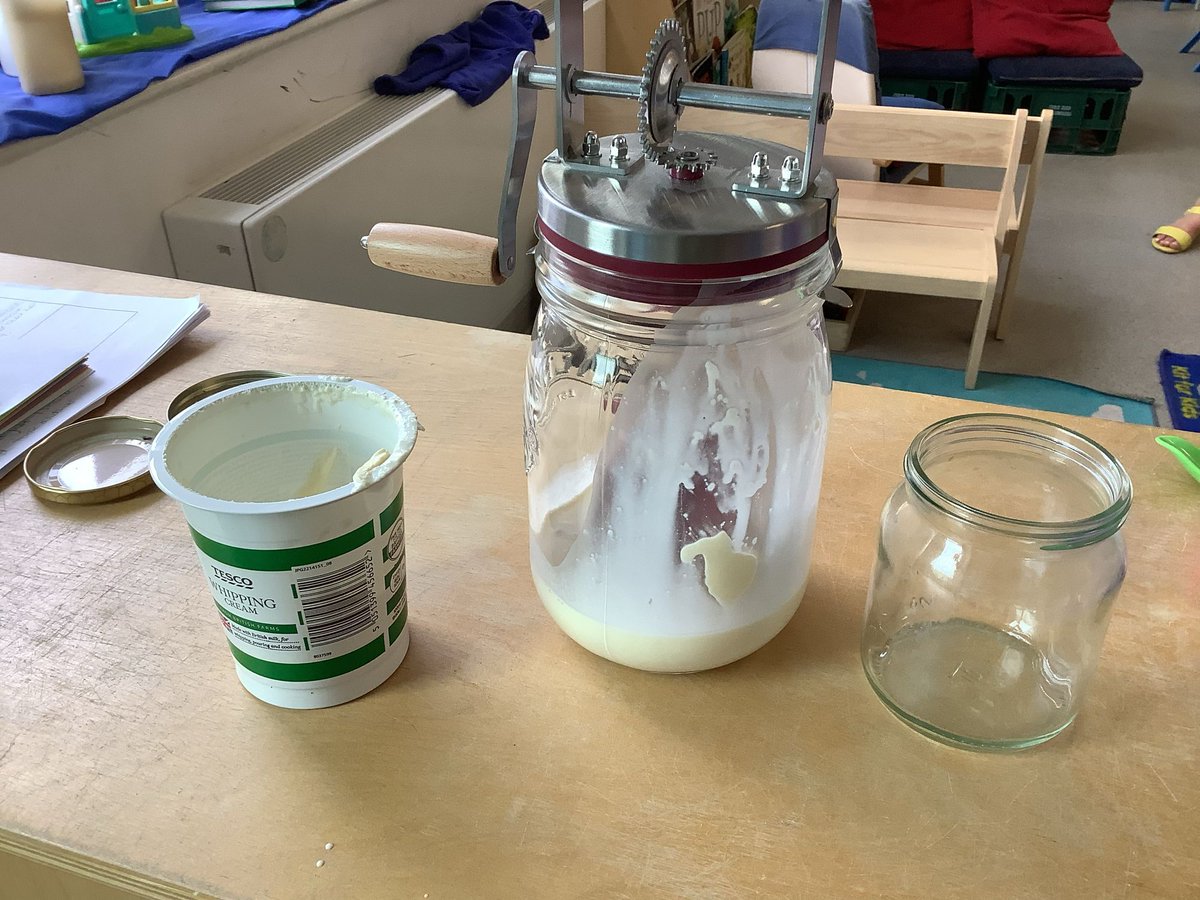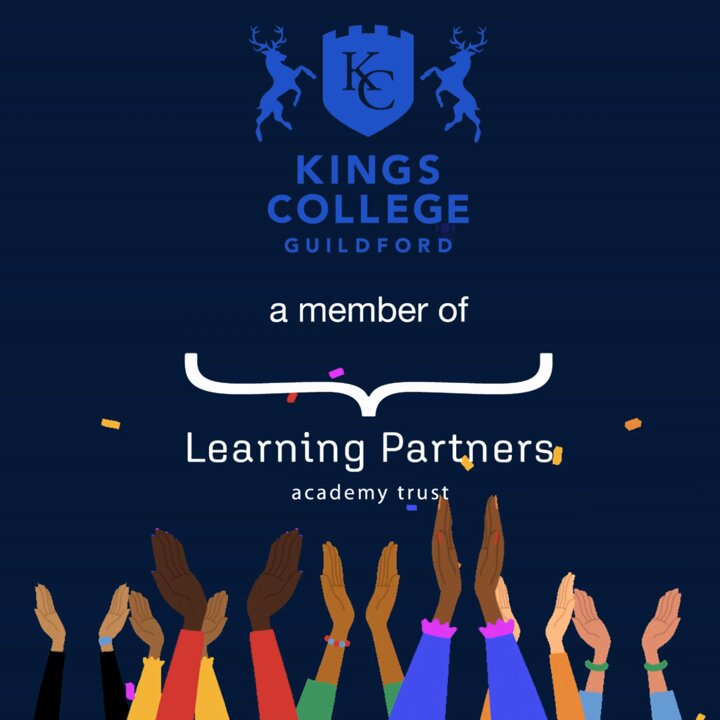The Latest News
Wimbledon? ... and the cycle of change
29th June 2020
The last week of June is traditionally the beginning of the Wimbledon tennis championship. Whether you are a tennis fan or not, Wimbledon is one of those markers in the year. A symbol of mid-summer, strawberries, cut grass and, invariably, rain. This year the championships have been cancelled for the first time since World War Two. Like many ‘events’, we have seen cancellations, postponements and re-imagining of our traditional placeholders.
Our education community is no different. Lessons, transition events, staff meetings, induction processes, student feedback, music lessons, staff training sessions, and even the time and nature of the school day has all adjusted and changed in the current circumstances. The old adage ‘change is the only constant’, has never felt more appropriate. As human beings, particularly in schools, we are used to routine. We like order, certainty and structure. I have been immensely impressed in the manner in which our schools, staff and children have adjusted and embraced the ‘new normal’.
A further human trait is that of adaption. Virtual parents’ evenings, video tours of school for interactive induction processes, virtual teach meets, live lessons, sound recordings and even collaborative musical performances are all examples of this adaption. On a more practical and less technological basis, we have also seen our communities being galvanised into action. Community food drops, pastoral support visits, computer hardware trade-ins and sharing are all tangible signs of our adaption. Our ability to adjust and better provide for our children and staff is both something we should feel proud of and accept as ongoing.
 Educational change can feel like a washing machine at times, constantly spinning and never settling on a routine and rhythm that governs much of our experience of the school year. We need to accept that change is our new constant, in educational practice and in life generally. We are continually balancing the human desire for structure and certainty, against the call for innovation, adaption and betterment. In truth, this is what education prepares our young people for. Education prepares children for this change. This adaption. This betterment. These last few terms we have modelled better than ever before our learning and our adjustment.
Educational change can feel like a washing machine at times, constantly spinning and never settling on a routine and rhythm that governs much of our experience of the school year. We need to accept that change is our new constant, in educational practice and in life generally. We are continually balancing the human desire for structure and certainty, against the call for innovation, adaption and betterment. In truth, this is what education prepares our young people for. Education prepares children for this change. This adaption. This betterment. These last few terms we have modelled better than ever before our learning and our adjustment.
The certainties of Wimbledon, transition days or classroom practice may be different this year – but our human traits of structure and adaption remain. A reality which education helps us to thrive in.
Jack Mayhew, Executive Headteacher Athena Schools Trust
The last week of June is traditionally the beginning of the Wimbledon tennis championship. Whether you are a tennis fan or not, Wimbledon is one of those markers in the year. A symbol of mid-summer, strawberries, cut grass and, invariably, rain. This year the championships have been cancelled for the first time since World War Two. Like many ‘events’, we have seen cancellations, postponements and re-imagining of our traditional placeholders.
Our education community is no different. Lessons, transition events, staff meetings, induction processes, student feedback, music lessons, staff training sessions, and even the time and nature of the school day has all adjusted and changed in the current circumstances. The old adage ‘change is the only constant’, has never felt more appropriate. As human beings, particularly in schools, we are used to routine. We like order, certainty and structure. I have been immensely impressed in the manner in which our schools, staff and children have adjusted and embraced the ‘new normal’.
A further human trait is that of adaption. Virtual parents’ evenings, video tours of school for interactive induction processes, virtual teach meets, live lessons, sound recordings and even collaborative musical performances are all examples of this adaption. On a more practical and less technological basis, we have also seen our communities being galvanised into action. Community food drops, pastoral support visits, computer hardware trade-ins and sharing are all tangible signs of our adaption. Our ability to adjust and better provide for our children and staff is both something we should feel proud of and accept as ongoing.
 Educational change can feel like a washing machine at times, constantly spinning and never settling on a routine and rhythm that governs much of our experience of the school year. We need to accept that change is our new constant, in educational practice and in life generally. We are continually balancing the human desire for structure and certainty, against the call for innovation, adaption and betterment. In truth, this is what education prepares our young people for. Education prepares children for this change. This adaption. This betterment. These last few terms we have modelled better than ever before our learning and our adjustment.
Educational change can feel like a washing machine at times, constantly spinning and never settling on a routine and rhythm that governs much of our experience of the school year. We need to accept that change is our new constant, in educational practice and in life generally. We are continually balancing the human desire for structure and certainty, against the call for innovation, adaption and betterment. In truth, this is what education prepares our young people for. Education prepares children for this change. This adaption. This betterment. These last few terms we have modelled better than ever before our learning and our adjustment.
The certainties of Wimbledon, transition days or classroom practice may be different this year – but our human traits of structure and adaption remain. A reality which education helps us to thrive in.
Jack Mayhew, Executive Headteacher Athena Schools Trust











